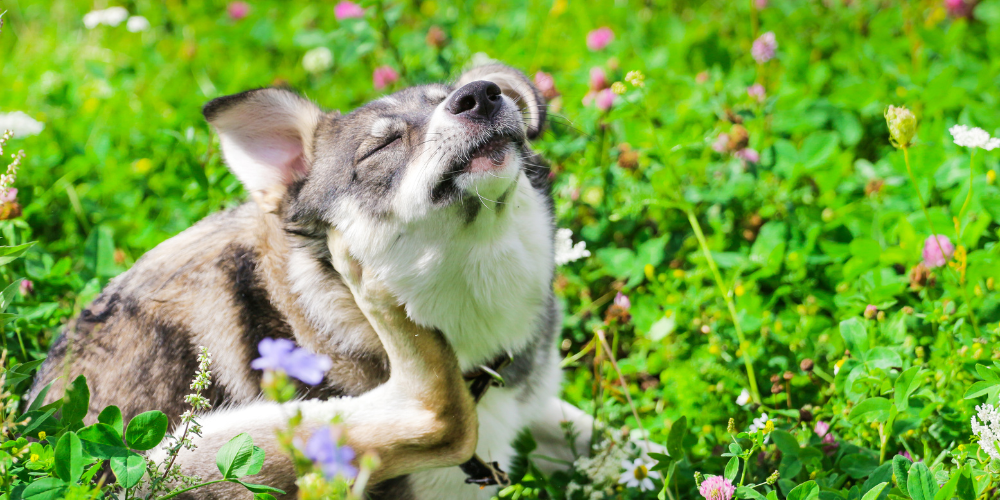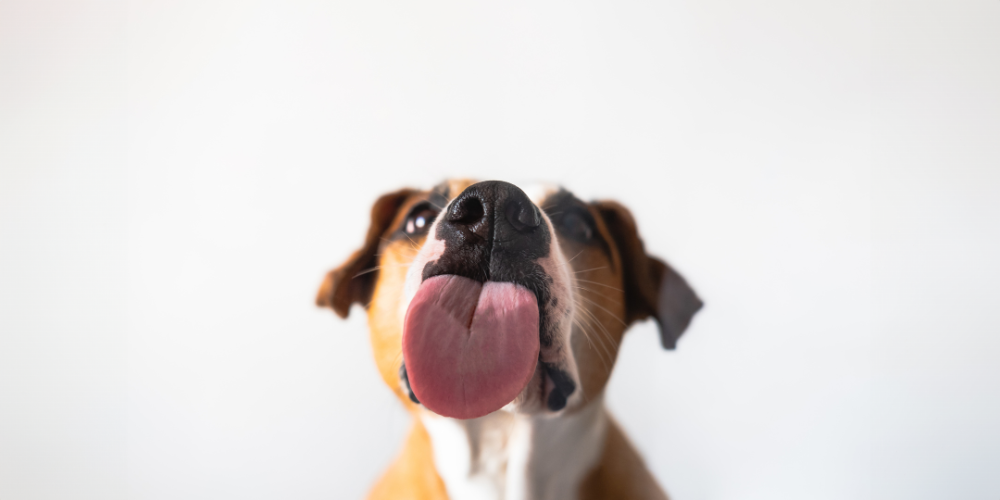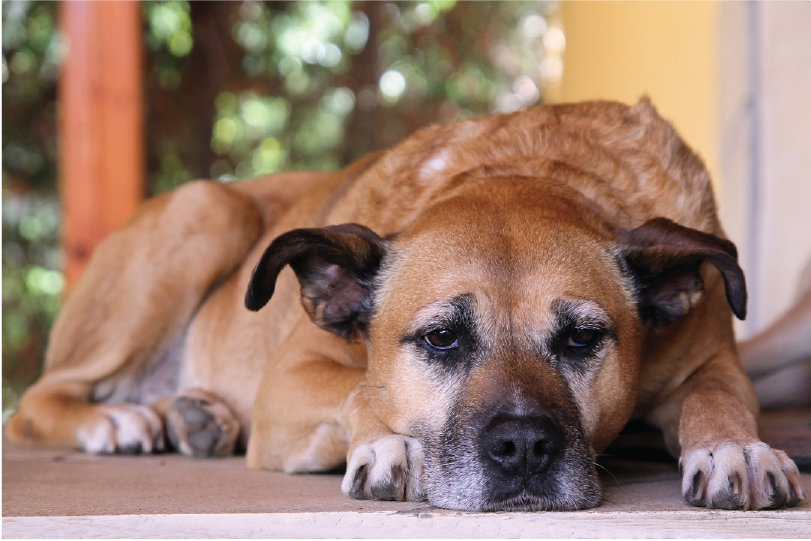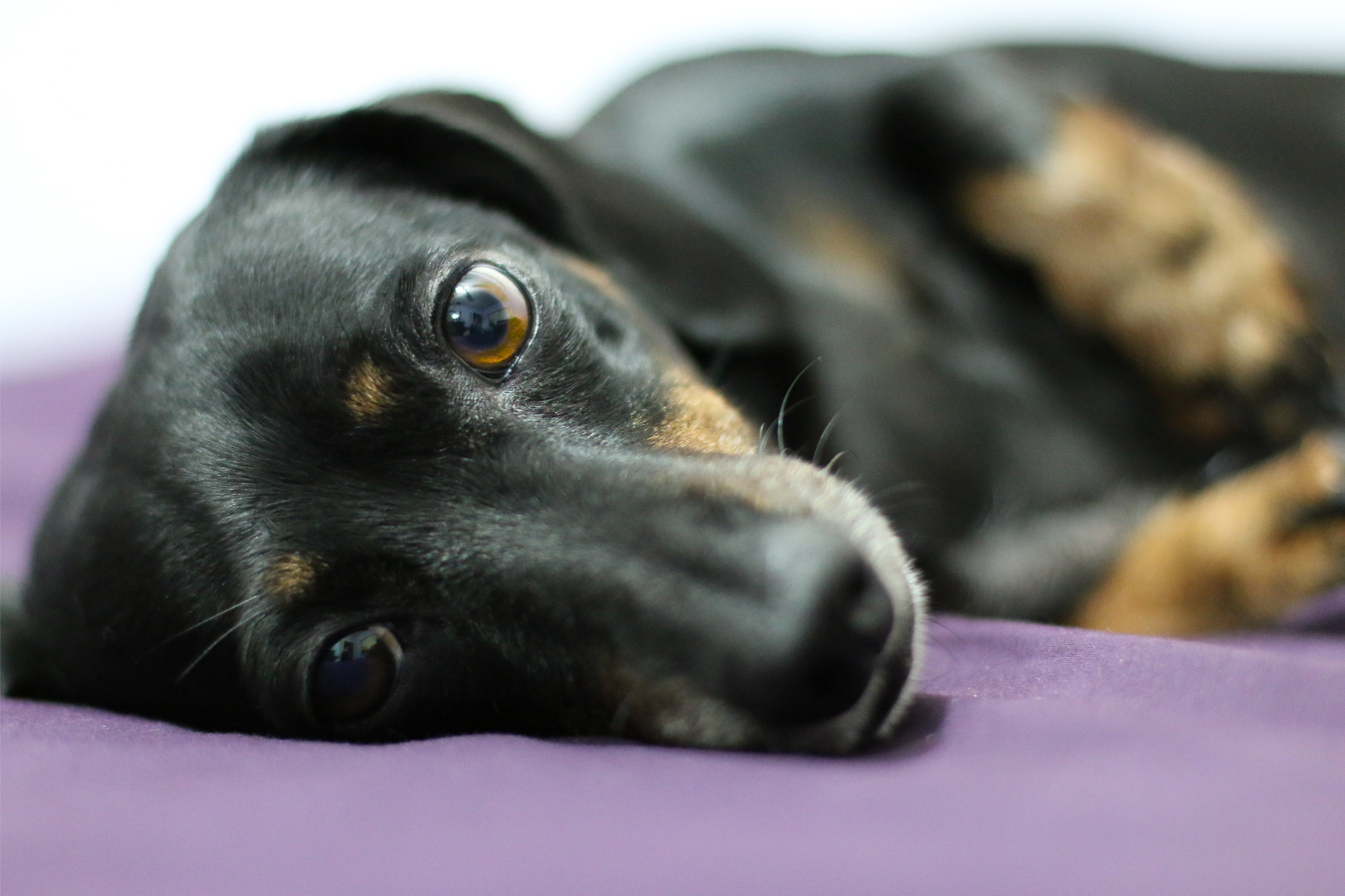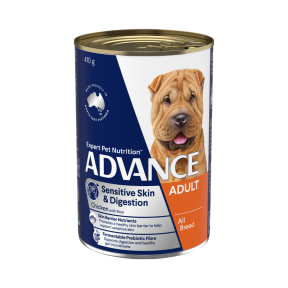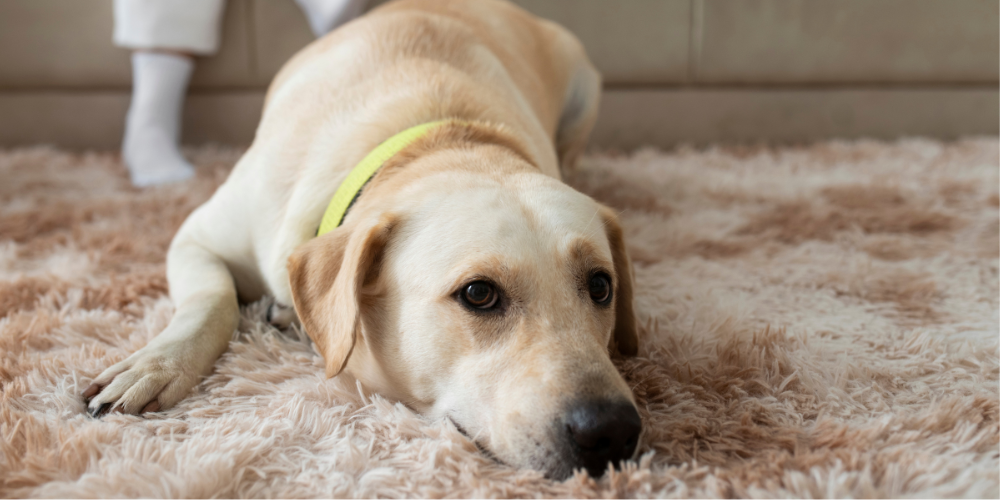
As much as we adore our furry companions, there’s one aspect of pet ownership that can be rather embarrassing: pet flatulence. Those unexpected and often pungent odours can be quite an issue, especially when you have guests over or are in public places. Don’t worry; we’ve got you covered with tips and tricks to manage this smelly situation!
Why Do Pets Fart?
Before we dive into the solutions, let’s understand why our pets get gassy in the first place. Just like humans, pets can experience flatulence for a variety of reasons:
- Diet: Low-quality food with fillers and artificial ingredients can cause gas.
- Eating Habits: Eating too quickly can lead to swallowing air, which results in gas.
- Food Allergies or Intolerances: Certain foods like dairy, soy, or grains can cause digestive upset.
- Lack of Exercise: Sedentary lifestyles can slow down digestion, leading to gas buildup.
Now, let’s tackle this issue head-on with some practical tips.
Tips to Manage Dog Farts
- Dietary Adjustments
-
- High-Quality Food: Invest in high-quality dog food that uses natural, easily digestible ingredients. Avoid foods with cheap fillers, artificial preservatives, and excessive fat. Vet recommended food such as Hill's Science Diet Dog Sensitive Stomach and Advance Adult Dog Sensitive Skin & Digestion All Breed Chicken & Rice can help with digestion issues.
- Gradual Changes: If you need to change your dog’s diet, do it gradually over a week or two. Sudden changes can upset their stomach and cause gas.
- Avoid Table Scraps: Human food, especially fatty and spicy foods, can be a big culprit. Stick to dog-safe treats and avoid giving your dog leftovers from your plate.
- Regular Exercise
-
- Daily Walks and Playtime: Keeping your dog active helps their digestive system work more efficiently, reducing the likelihood of gas buildup. Aim for at least 30 minutes of exercise per day.
- Probiotics and Supplements
-
- Improve Gut Health: Adding probiotics to your dog’s diet can enhance their digestive health and reduce flatulence. Look for high-quality probiotic supplements specifically designed for dogs. Always consult your vet for the best options and dosage.
- Check for Food Allergies
-
- Identify Triggers: If you suspect food allergies, talk to your vet about testing or trying an elimination diet to pinpoint the cause of your dog’s gas. Common allergens include dairy, soy, wheat, and certain proteins.
- Slow Down Eating
-
- Use a Slow Feeder Bowl: Dogs that eat too quickly can swallow a lot of air, leading to gas. Slow feeder bowls can help pace their eating and reduce the amount of air they swallow. These bowls have ridges or obstacles that make it more challenging for dogs to gulp down their food. Try a fun pineapple-shaped slow feeder or a cute ice cream-shaped one!
- Regular Vet Checkups
-
- Monitor Health: If your dog’s flatulence is excessive or particularly foul-smelling, it might be a sign of a gastrointestinal issue or other health problems. Regular checkups with your vet can catch and address any underlying problems early. Your vet might also recommend specific dietary changes or treatments to alleviate the issue.
Tips to Manage Cat Farts
- Dietary Adjustments
-
- High-Quality Food: Ensure your cat is eating high-quality, easily digestible food. Avoid foods with cheap fillers, artificial preservatives, and excessive fat. Try Hill's Science Diet Adult Cat Sensitive Stomach & Skin Chicken & Rice.
- Gradual Changes: When switching diets, do it gradually to prevent digestive upset.
- Avoid Dairy: Many cats are lactose intolerant, so avoid giving them milk or dairy products, which can cause gas.
- Regular Exercise
-
- Playtime: Encourage your cat to stay active with daily play sessions. Use toys like laser pointers, feather wands, and interactive puzzles to keep them moving and engaged.
- Probiotics and Supplements
-
- Improve Gut Health: Probiotics can be beneficial for cats too. Adding a high-quality probiotic supplement to your cat’s diet can help reduce gas. Consult your vet for the best options and dosage.
- Check for Food Allergies
-
- Identify Triggers: If you suspect food allergies, discuss testing or an elimination diet with your vet to identify potential triggers. Common allergens include certain proteins and grains.
- Monitor Eating Habits
-
- Slow Down Eating: If your cat tends to eat too quickly, consider using a puzzle feeder or spreading out their food on a flat surface to slow them down. This can help reduce the amount of air they swallow while eating. Try an enrichment mat.
- Regular Vet Checkups
-
- Monitor Health: Excessive or foul-smelling flatulence in cats can indicate gastrointestinal issues or other health problems. Regular vet checkups can help detect and address any underlying issues early. Your vet might also recommend specific dietary changes or treatments to alleviate the problem.
A Happy, Less Gassy Home
Dealing with your pet’s gas doesn’t have to be a constant struggle. By making some simple changes to their diet, exercise routine, and eating habits, you can significantly reduce the frequency and intensity of their flatulence. Not only will this make your home a more pleasant place, but it will also ensure your pet’s digestive health is in top shape.
Remember, if you’re ever in doubt or notice sudden changes in your pet’s health, always consult with your veterinarian. Here’s to a happy, healthy, and less gassy home!
